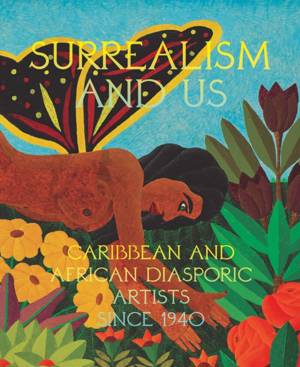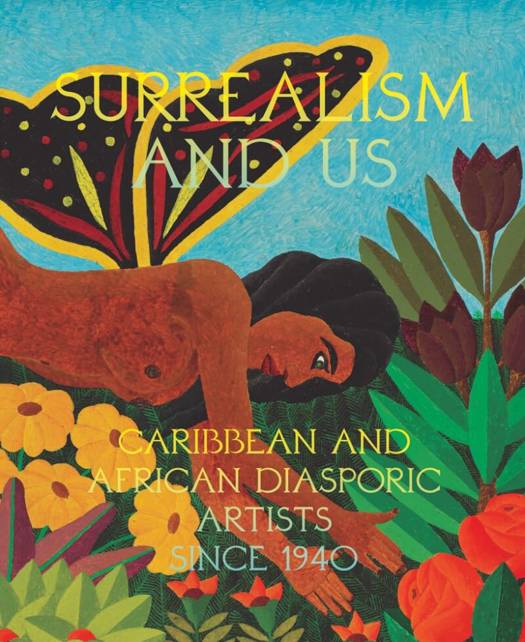
- Retrait gratuit dans votre magasin Club
- 7.000.000 titres dans notre catalogue
- Payer en toute sécurité
- Toujours un magasin près de chez vous
- Retrait gratuit dans votre magasin Club
- 7.000.0000 titres dans notre catalogue
- Payer en toute sécurité
- Toujours un magasin près de chez vous
Surrealism and Us: Caribbean and African Diasporic Artists Since 1940
Caribbean and African Diasporic Artists since 1940
Maria Elena Ortiz, Marla Price, Annette K. Joseph-GabrielDescription
How modern and contemporary artists across the African and Caribbean diasporas transformed European Surrealism into a tool for Black expression
On the centennial anniversary of André Breton's first Surrealist Manifesto, Surrealism and Us shines new light on how Surrealism was consumed and transformed in the Caribbean and the United States. It brings together more than 50 works from the 1940s to the present that convey how Caribbean and African diasporic artists reclaimed a European avant-garde for their own purposes.
Since its inception, the Surrealist movement--and many other European art movements of the early 20th century--embraced and transformed African art, poetry and music traditions. Concurrently, artists in the Americas proposed subsets of Surrealism more closely tied to African diasporic culture. In Martinique, Aimé and Suzanne Césaire proposed a Caribbean Surrealism that challenged principles of order and reason and embraced African spiritualities. Meanwhile, artists in the United States such as Romare Bearden and Ted Joans engaged deeply with Surrealist ideas. These trends lasted far beyond those of their European counterparts. Indeed, the term "Afro-surrealism" was created by poet Amiri Baraka in 1974; today the movement still flourishes in tandem with Afrofuturism. The Surrealism and Us catalog is divided into three themes: "To Dare," "Invisibility" and "Super/Reality". These sections, galvanized by scholarly essays, create transnational and multi-generational connections between Black life and artistic practice over the past 100 years.
Artists include: Firelei Báez, Agustin Cárdenas, Myrlande Constant, Rafael Ferrer, Ja'Tovia Gary, Hector Hyppolite, Ted Joans, Wifredo Lam, Simone Leigh, Kerry James Marshall.
Spécifications
Parties prenantes
- Auteur(s) :
- Editeur:
Contenu
- Nombre de pages :
- 208
- Langue:
- Anglais
Caractéristiques
- EAN:
- 9781636811284
- Date de parution :
- 02-04-24
- Format:
- Livre relié
- Format numérique:
- Genaaid
- Dimensions :
- 236 mm x 284 mm
- Poids :
- 1360 g

Les avis
Nous publions uniquement les avis qui respectent les conditions requises. Consultez nos conditions pour les avis.






